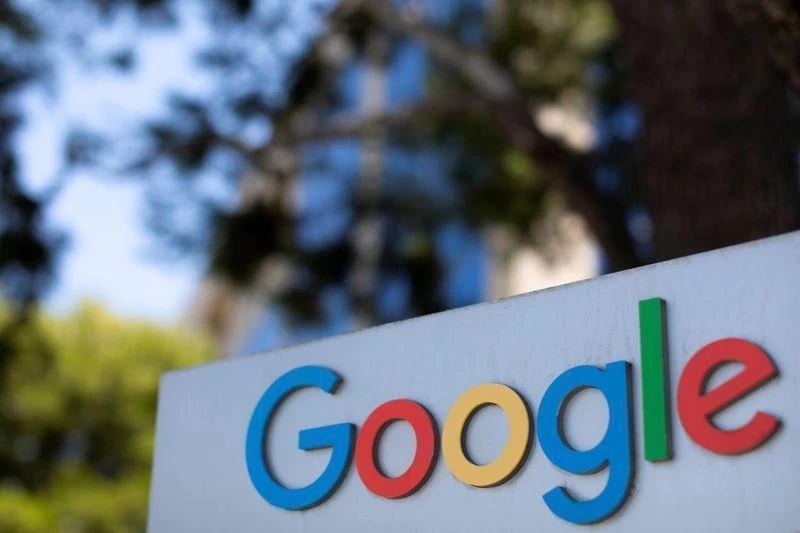New Delhi: American technology giant Google Inc on Wednesday contended that India's information technology rules for digital media are not applicable to its search engine and asked the Delhi high court to set aside an earlier order, passed by a single-judge bench, which applied to the company in relation to certain offending content posted on an internet pornography website. Google said that the judge had "mischaracterised" its search engine as a 'social media intermediary' or 'significant social media intermediary' as provided under the new rules.
What is the case about?
The case in question relates to a matter in which a woman's photographs were uploaded on the pornography website without her consent by a few "unknow persons". Despite court orders instructing the removal of the content, the photograph could not completely be removed in its entirety from the internet. Moreover, some "errant parties merrily continued" to repost and redirect the content to other sites, the court noted.
What did the court say?
In light of these observations, the single-judge bench of the Delhi high court had on April 20 framed a template wherein it said that an appropriate direction may be issued to the website where the objectional material is hosted to remove the same forthwith and maximum within 24 hours of receiving the judicial order.
The court also said that additional directions must be issued to the search engine to disable access to the offending content by 'de-indexing' and 'dereferencing'' it in their listed search results. Considering Google's search engine to be an intermediary, the court said that it must "endeavour to employ pro-active monitoring by using automated tools, to identify and remove or disable access to any content which is exactly identical to the offending content that is the subject matter of the court order."
The search engine must also block search results across the world pertaining to the content, the order said, since a direction to remove or disable access to an offending content will hardly be effective even within India if it has no realistic prospect of preventing irreparable harm to a litigant.
If the intermediary fails to meet these conditions, it was liable to forfeit its privilege of exemption under the Information Technology (IT) Act, the court noted.
Google's objection to the court order
Google noted that although it was an intermediary, the Delhi high court judge had "mischaracterised" its search engine as a 'social media intermediary' or 'significant social media intermediary' as provided under the new rules.
"Additionally, the single judge has conflated various sections of the IT Act and separate rules prescribed thereunder, and has passed template orders combining all such offences and provisions, which is bad in law," Google said in its appeal against the April 20 judgement.
In view of this, Google contended that the new IT rules framed under these guidelines are not applicable to its search engine and sought the removal of the observation by the judge that it was a 'social media intermediary'. With the aforementioned plea, Google further sought protection against any coercive action for non-compliance with the template or guidelines laid down by the single judge.
Where does the case stand now?
Following Google's plea, a Delhi high court bench of chief justice DN Patel and justice Jyoti Singh said that any interim order will not be issued at this stage.
The court has issued a notice to the central government, the Delhi government, the Internet Service Providers Association of India, Facebook, the pornographic site and the woman, on whose plea the single judge's ruling had come, to submit their responses to Google's plea by July 25.


